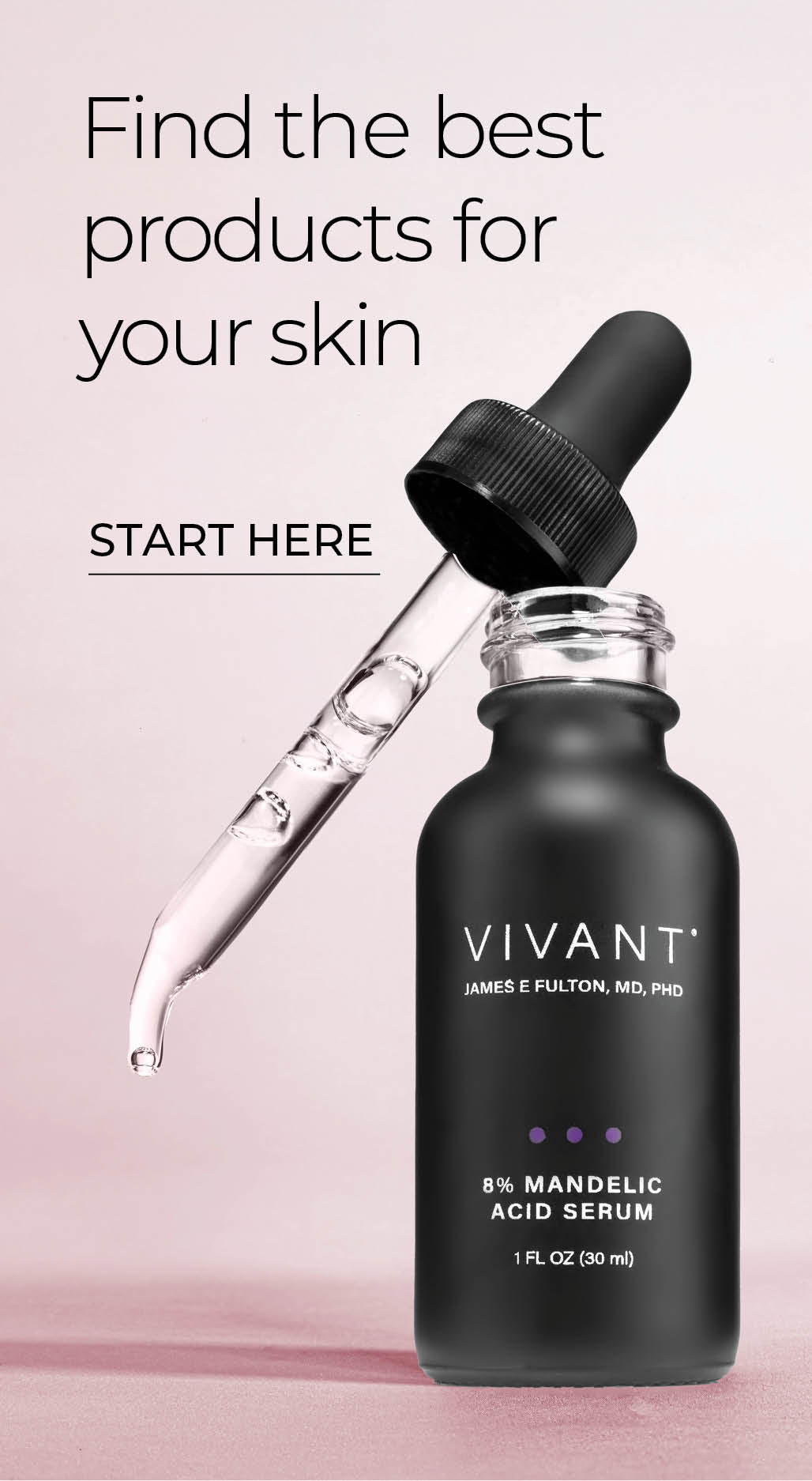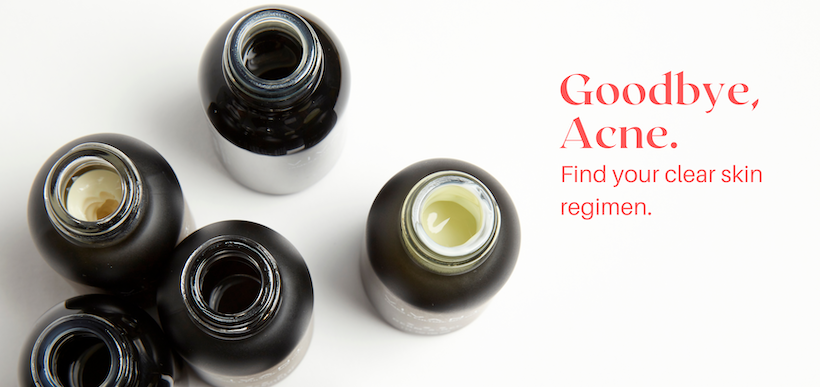Eat More Orange Foods: Higher Intake of Vitamin A Linked to Reduced Skin Cancer

We already know that topical vitamin A is the architect of firm, youthful skin, but now research has shown that people whose diets contain high levels of vitamin A are less likely to develop one of the most common types of skin cancer.
Squamous cell carcinoma, which generally appears on exposed skin, including the scalp, lips, ears, and backs of hands, is the result of prolonged exposure to ultraviolet (UV) radiation, either from sunlight or from tanning beds. (Please, never use a tanning bed.)
Research published in the Journal of the American Medical Association Dermatology, revealed that a higher intake of vitamin A is correlated to a reduction in the risk of developing the cancer.
"Skin cancer, including squamous cell carcinoma, is hard to prevent, but this study suggests that eating a healthy diet rich in vitamin A may be a way to reduce your risk, in addition to wearing sunscreen and reducing sun exposure,” said Eunyoung Cho, an associate professor of dermatology and epidemiology at Brown, and one of the authors of the study.
The results came from analyzing data gathered over two long-term studies, which grouped participants into five categories by vitamin A intake levels. Researchers found that people in the category with the highest average daily total vitamin A intake were 17 percent less likely to get skin cancer than those in the category with the lowest total vitamin A intake.
Participants in the highest category reported eating on average an amount of vitamin A equivalent to one medium baked sweet potato or two large carrots each day.
The majority of vitamin A came from the participants’ diets, particularly from fruits and vegetables, rather than from animal-based foods or vitamin supplements. The study found a higher intake of vitamin A from supplements was not significantly associated with a decreased risk of the cancer.
How to get more vitamin A into your diet
The best way to increase your vitamin A intake is through diet, specifically plant-based sources. Too much vitamin A from supplements and animal sources can lead to nausea, liver toxicity, increased risk of osteoporosis, and even birth defects. Plus, according to the Mayo Clinic, It's not clear if vitamin A supplements offer the same benefits as naturally occurring antioxidants in food.
The antioxidant vitamin A occurs naturally in many foods. It’s sometimes added to foods, like milk and cereal. It’s plentiful in beef liver and other organ meats, but these foods are also high in cholesterol, and didn’t perform as well in the study. Better to get your vitamin A from fish or plants. Here are some good sources:
- Some types of fish, including salmon, tuna, mackerel, trout
- Green leafy vegetables and other green veg like broccoli
- Orange and yellow vegetables, such as sweet potato, carrots, and squash
- Legumes, including black-eyed peas
- Fruits, including cantaloupe, apricots, and mangos
- Dairy products
- Eggs
Eating high levels of other plant-based pigments similar to vitamin A — such as lycopene, commonly found in tomatoes and watermelon — was also associated with decreased risk of skin cancer.
Topical Vitamin A and your skin.
Vitamin A is a serial cell regenerist. It exfoliates, promotes collagen production, diminishes the appearance of fine lines and wrinkles, and protects against photo-aging and free radicals. Dr. Fulton developed and patented Retinyl Propionate (Vitamin A), the most effective non-prescription retinoid available.


Comments